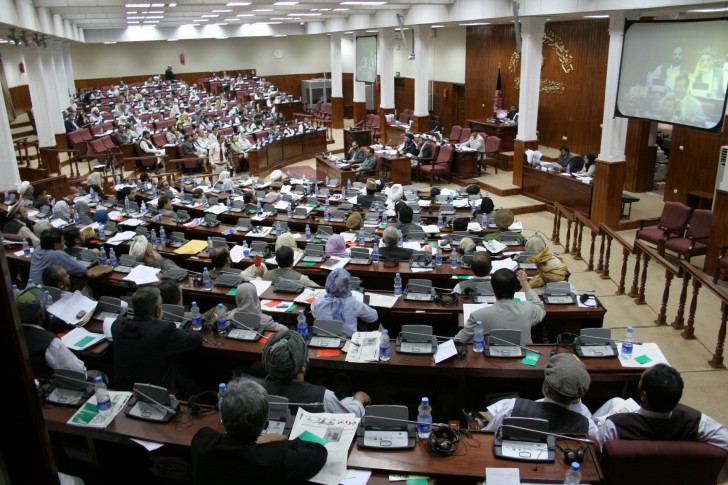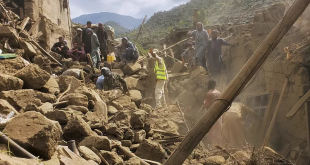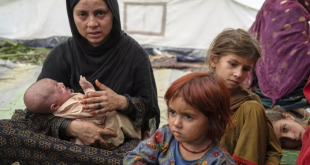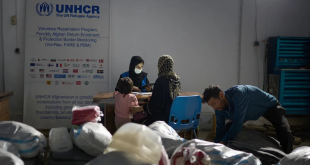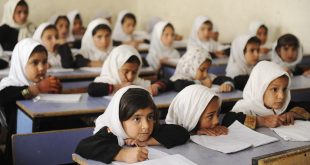Abdul Zuhoor Qayomi-KABUL: Tired of cold-shoulder response of the government on fragile security situation and growing insurgency, the Wolesi Jirga is preparing to summon President Ashraf Ghani and Chief Executive Officer (CEO) Abdullah Abdullah.
Condemning beheading of the seven passengers in Zabul province, members of the Wolesi Jirga on Wednesday said the National Unity Government (NUG) has failed in protecting citizens. They suggested holding a joint session of the parliament to summon the president and the CEO.
Abdul Rahman Rahmani, an MP from Balkh, said that 30 signatures were collected from members of the Wolesi Jirga to call up and quiz President Muhammad Ashraf Ghani and CEO Abdullah Abdullah over insecurity in a joint session of the parliament.
He said that the joint session would take decision on summoning of the NUG leaders.
According to Article 69 of the Constitution, the president is responsible to the nation and the Wolesi Jirga. Accusations of crimes against humanity, national treason as well as a crime against the president shall be demanded by one-third of all members of the Wolesi Jirga. If the demand is approved by two-third, the Wolesi Jirga shall convene the Loya Jirga within a month which would determine fate of the president with two-third majority.
On Wednesday the Wolesi Jirga or Lower House of the Parliament issued a resolution asking the NUG to take measures in order to ensure safety of the citizens.
Condemning the beheading of the passengers, the resolution asked the US, NATO and United Nations and other international bodies to act against enemies of Afghans based on the strategic agreements they have signed with Kabul.
The lawmakers said the NUG leaders were not fulfilling their responsibilities and committed negligence in their duties.
Some of the legislators held “wrong policies” of the government and international partners responsible for beheading of the passengers and asked the president and CEO to appear in front of representatives of the people in a joint session of the Wolesi Jirga and Meshrano Jirga.
Scores of parliamentarians stressed on revoking of the Bilateral Security Agreement (BSA) with the United States and other strategic agreements with NATO and other countries if the signatories failed to implement the deals.
The MPs said that three days of national mourning should be declared.
Abdul Satar Khawasi, an MP from Parwan, said that signing the strategic agreements is the main factor behind growing insecurity across the country including beheading of the Afghans in Zabul.
Khawasi said that foreign hands were involved in beheading of the seven passengers in order to create differences among Afghans. He said that the strategic pacts with the foreigners including BSA must be revoked, “because the foreigners aimed to create insecurity challenges and differences in the country as they did in Syria and Iraq.”
He said that the parliament should choose another leader for the country through consensus if the current leaders are unable to ensure security and prosperity.
While expressing his condolence with the families of the beheaded passengers, Khawasi said that the enemy wanted to create differences among Afghans while the today’s demonstration against the incidence showed that they are really one nation and not divided on ethnic lines.
Shekiba Hashemi, an MP from Kandahar, said that beheading of the passengers and increase in insecurity is result of the formation of the NUG. She asked the US to respond to the concerns of Afghans because it created the current government which is against the Constitution.
Ms Hashemi said that the protestors should carry the dead bodies to the US Embassy in Kabul because it engineered the NUG which has badly failed in improving security situation.
Speaker of the Wolesi Jirga, Abdul Rauf Ebrahemi, termed beheading of seven passengers a warning message to the NUG leaders and politicians of the country. He said that the whole nation was in shock over the killings.
He said the government should not be silent because people are killed in every part of the country, particularly in Ghazni, Zabul, Nangarhar, Kunar and Kunduz.
 Afghanistan Times
Afghanistan Times
